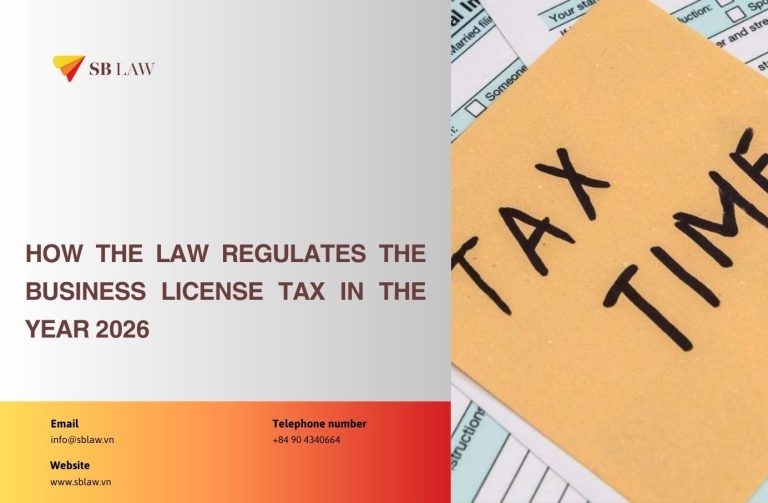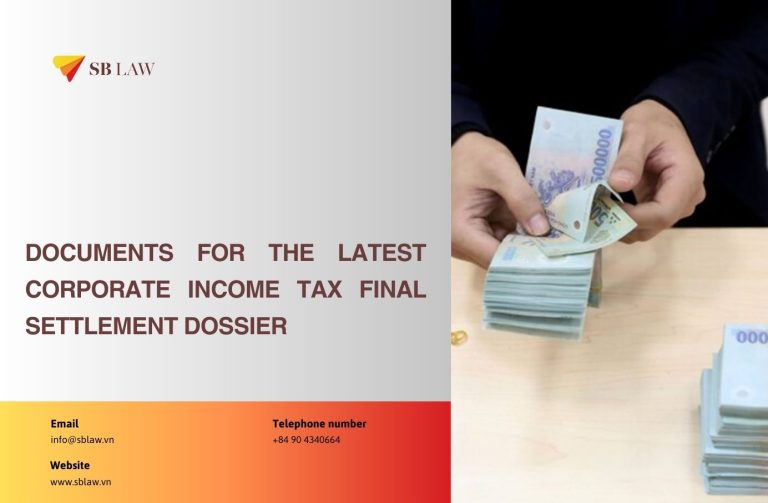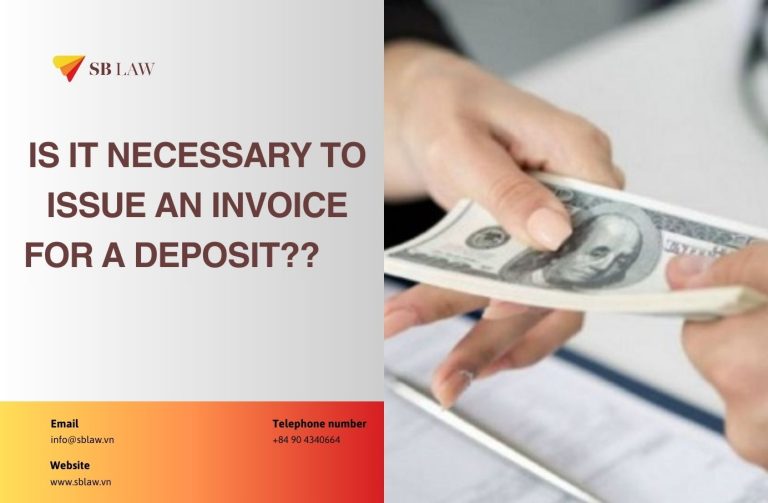I am a foreign investor from Japan planning to establish a single-member limited liability company with 100% foreign ownership in the fashion retail sector in Vietnam (selling clothing, footwear, accessories, etc.). I would like to ask: Under the current Vietnamese laws, am I allowed to establish a 100% foreign-owned single-member limited liability company in this sector? If so, what legal procedures must be carried out, and are there any specific conditions attached?
Answer
Vietnam and Japan are both members of the World Trade Organization (WTO). According to Vietnam’s Schedule of Commitments upon accession to the WTO, as of January 1, 2009, market access restrictions for services under CPC codes 622, 631, and 632 (including commission agency services, wholesale, and retail services) have been removed. Within three years from the date of WTO accession, Vietnam allowed foreign-invested enterprises to provide commission agency, wholesale, and retail services for all goods legally manufactured in Vietnam or legally imported into the country.
Accordingly, foreign investors are deemed to have met the market access conditions for engaging in the above-mentioned business activities.
Regarding the procedure for establishing a foreign-invested company in Vietnam, investors are required to carry out the following steps:

I.Applying for the Investment Registration Certificate (IRC)
1.Conditions
If the investment project is not subject to approval for its investment guidelines as prescribed in Article 30, Article 31 and Article 32 of this Law on Investment, the investor shall be issued with the investment registration certificate if the following conditions are met:
- The investment project does not involve any banned business line;
- There is a location for execution of the investment project;
- The investment project is conformable with the planning specified in Point a Clause 3 Article 33 of this Law;
- The investment per m2 (or investment per employee) is not smaller than the minimum requirement.
- Market access conditions applied to foreign investors are satisfied.
Therefore, The fashion retail sector does not fall under the list of investment projects subject to investment policy approval as stipulated in Articles 30, 31, and 32 of the 2020 Law on Investment. However, you must still meet the following conditions:
- The investment project does not involve any banned business line
- There is a location for execution of the investment project
Legal basis: Clause 2 Article 38 Law on Investment 2020
2.Documents
- A written request for implementation of the investment project, with a commitment to bear all costs and risks in the event that approval is not granted;
- Documents evidencing the investor’s legal status;
- Documents evidencing financial capacity, such as the investor’s financial statements for the last two years, a commitment to financial support from the parent company/financial institution, or a financial capacity guarantee;
- A proposal for the investment project, containing the following information: investor, objectives, scale, capital and capital mobilization plan, location, schedule, land use and labor requirements, proposals for investment incentives, anticipated socio-economic impacts, and a preliminary environmental impact assessment (or a pre-feasibility study report, if any);
- Documents on land use rights or other documents identifying the right to use the location of the project, in case land allocation or lease is not requested;
- An explanation of the technology to be used, if the project is subject to technology appraisal;
- A business cooperation contract (BCC), if any;
- Other documents as required by law.
Legal basis: clause 1 Article 33 Law on Investment 2020
3.Procedures
Step 1: The investor shall submit 01 set of application documents for the IRC to the Department of Planning and Investment where the investment project is or is expected to be located, or where the investor’s management office will be established
Step 2: The Department of Planning and Investment shall issue the IRC within 15 working days from the date of receipt of a valid application, provided that the project meets all required conditions.
Legal basis: clause 1 Article 38 Law on Investment 2020
II.Applying for the Enterprise Registration Certificate (ERC)
1.Documents:
- The enterprise registration application form;
- The company's charter;
- The list of members;
- A copy of the passport of an individual member or the legal representative (in case there is no personal identification number in the National Population Database);
- A copy of the legal documents of the organization for organizational members and the document appointing the authorized representative; a copy of the passport of the authorized representative of the organizational member (in case there is no personal identification number in the National Population Database);
Note: In cases where a personal identification number is already available and the applicant requests to declare personal information in the enterprise registration dossier and consents to share such personal information stored in the National Population Database with the Business Registration Authority and other competent state authorities for the purpose of state management of enterprise registration as prescribed, the enterprise registration dossier does not include a copy of the individual’s legal documents.
2.Procedures
Step 1: Submit the application through the National Enterprise Registration Portal (Article 26 of the Law on Enterprises 2020, as amended and supplemented by Article 32 of Decree No. 168/2025/ND-CP)
03 working days from the date of receipt of a valid application
In case the application is not valid: The business registration authority must provide a written notice to the applicant specifying the required amendments or supplements. If the application is rejected, the authority must issue a written notice stating the reason(s) for the refusal.
Step 2: Publishing of enterprise registration information (Article 32 of the Law on Enterprises 2020, as amended and supplemented by Chapter VII of Decree No. 168/2025/ND-CP)
After completing the company registration procedure on the Portal, the next step in establishing a 100% foreign-owned company is to publicly disclose the enterprise registration information.
The announcement shall include the content of the Certificate of Enterprise Registration and The enterprise’s business lines.
The enterprise registration information must be published on the National Enterprise Registration Portal within 30 days from the date the Enterprise Registration Certificate is issued and pay the fee as prescribed by law.
Consulting reference: Foreign investment services




